How to Choose a Bench Scale: A Complete Guide
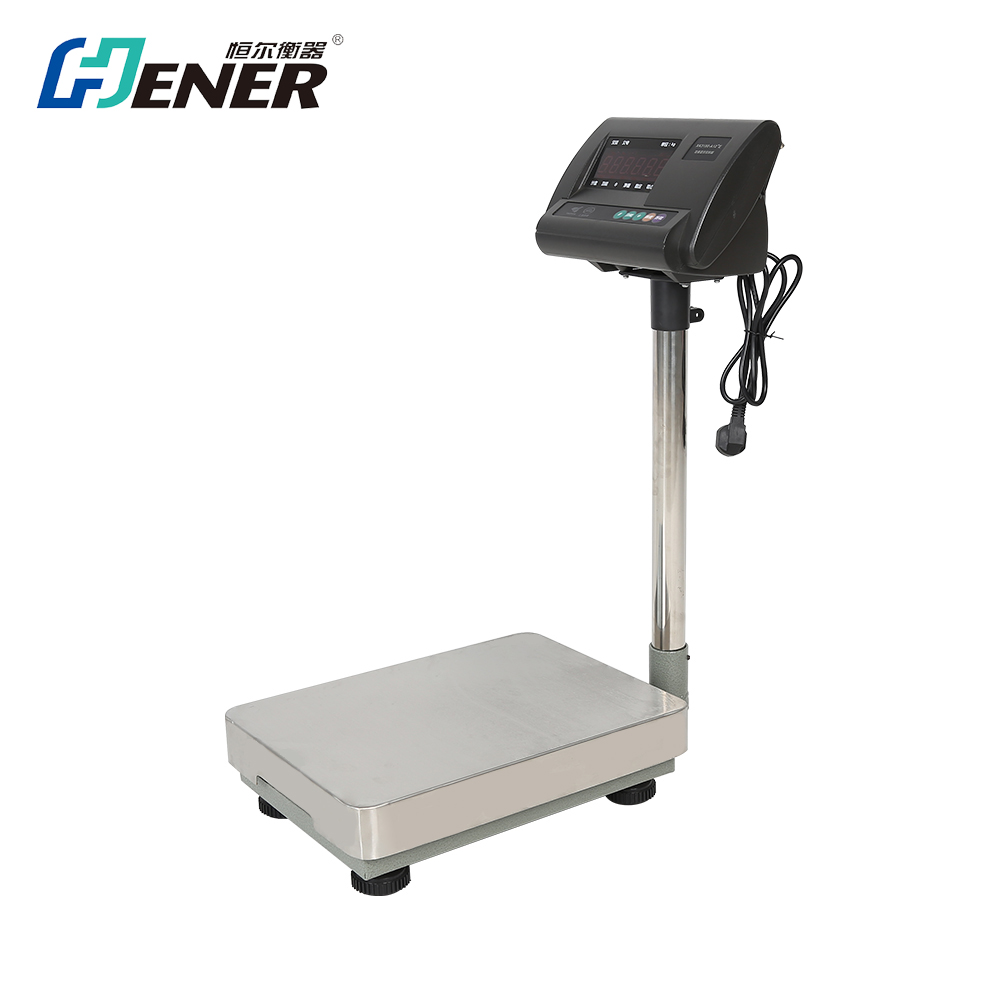 Choosing the right bench scale for your business is crucial, especially in industries like logistics, manufacturing, and distribution, where precision is key. With so many options on the market, finding the perfect bench scale can be overwhelming. This guide will walk you through the essential factors you need to consider when selecting the best bench scale to meet your business needs.
Choosing the right bench scale for your business is crucial, especially in industries like logistics, manufacturing, and distribution, where precision is key. With so many options on the market, finding the perfect bench scale can be overwhelming. This guide will walk you through the essential factors you need to consider when selecting the best bench scale to meet your business needs.
When selecting a bench scale, focus on the scale's accuracy, capacity, platform size, and material construction. Make sure to choose a model suitable for your environment and consider factors like connectivity, calibration, and power options. A bench scale must meet the specific requirements of your industry for optimal efficiency.
What is the Difference Between a Platform Scale and a Bench Scale?
Bench scales and platform scales may seem similar, but they serve distinct purposes. Bench scales are generally smaller, designed for weighing items up to 500 pounds, while platform scales are built for heavier loads and larger industrial environments.
Platform scales are often used in manufacturing plants and logistics companies where heavy-duty equipment and materials need to be weighed. These scales typically have a larger platform and are built to withstand heavy, continuous use.
Bench scales, on the other hand, are more suitable for smaller spaces and tasks like counting parts or weighing packages in shipping departments. If your business requires frequent weighing of items within the 150 to 500-pound range, a bench scale is an ideal solution. It offers accuracy without taking up much space.
How Do You Calibrate a Bench Scale?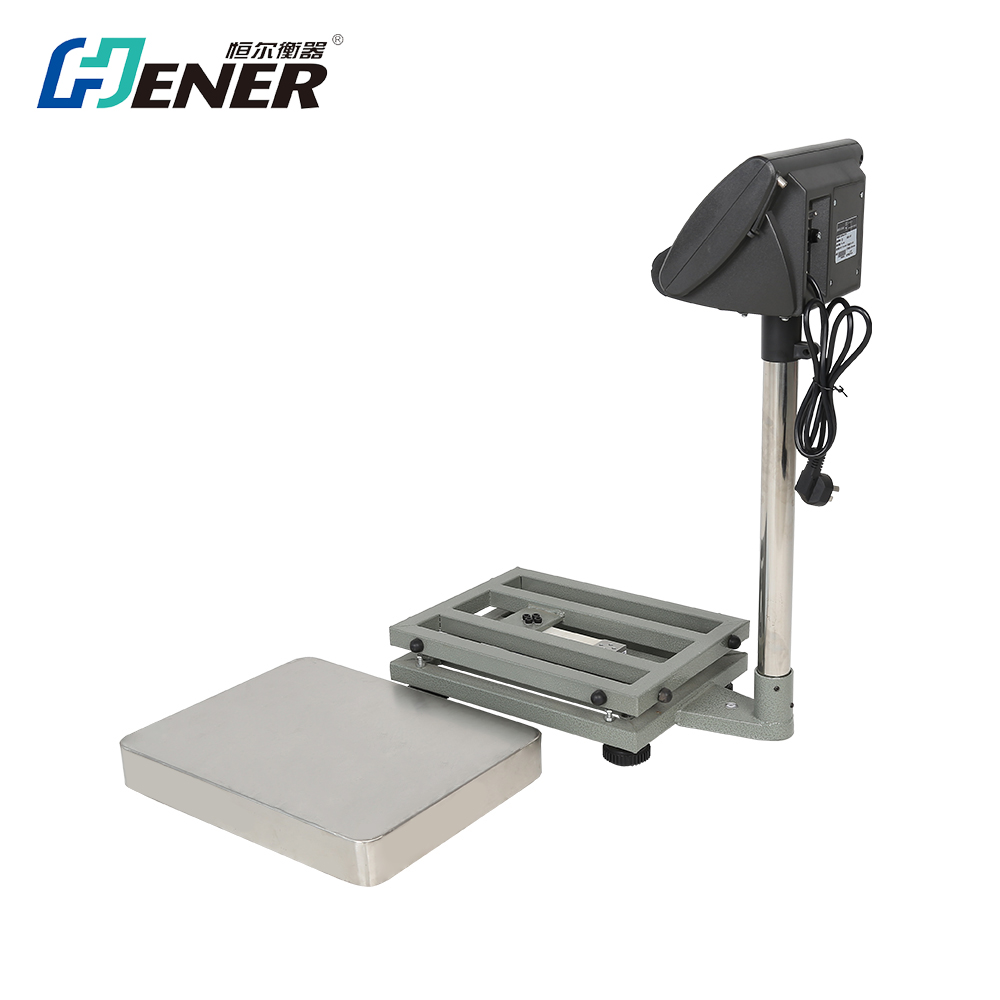
Calibration is essential to maintaining the accuracy of your bench scale. Over time, even the best scales can become less precise due to environmental conditions, frequent use, or mishandling. Here’s a step-by-step guide to calibrating your bench scale to ensure it consistently delivers accurate measurements:
1.Clean the Scale: Start by wiping down the surface to remove any dust or debris. A clean scale is essential for ensuring the accuracy of the calibration process.
2. Replace Old Batteries: If your bench scale runs on batteries, make sure they are fully charged or replace them if needed. Weak batteries can affect the scale's performance.
3. Turn on the Scale Early: Power the scale on a few minutes before the calibration process to allow it to stabilize and ensure it's warmed up properly.
4. Position the Scale Properly: Ensure that the scale is on a flat, stable surface, as uneven placement can skew results.
5.Use a Known Weight: Place a weight of known mass on the scale to check the accuracy. If the reading is off, the scale will need to be recalibrated according to the manufacturer’s instructions.
6. Follow Calibration Procedures: Most bench scales have built-in calibration settings. Consult the user manual for step-by-step instructions specific to your model.
What is the Difference Between Bench Scale and Floor Scale?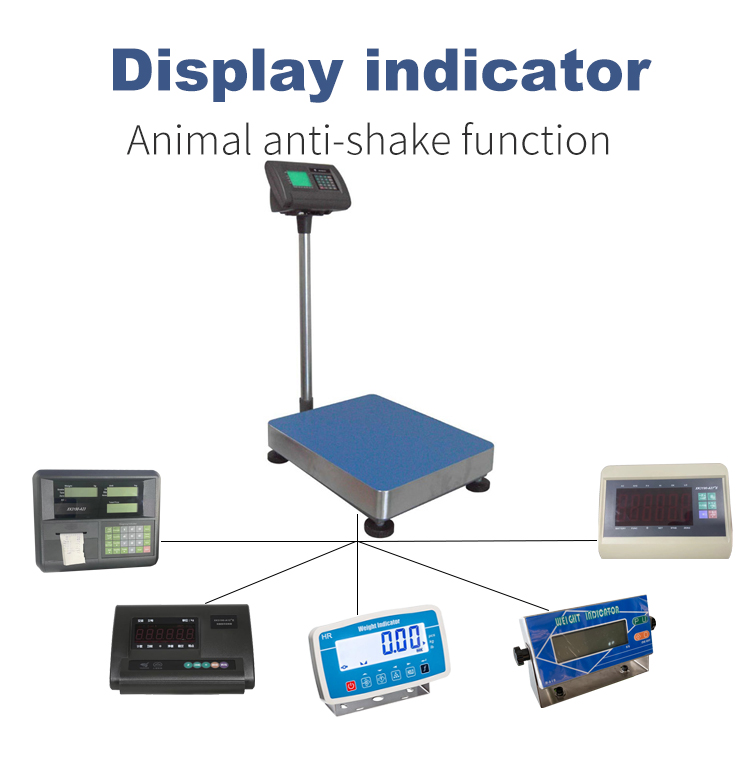
While bench scales and floor scales might seem interchangeable, they have different applications based on their design and weight capacity. Understanding these differences can help you decide which scale is most appropriate for your operations.
Bench Scales are compact and designed for environments where space is limited. They're perfect for tasks like portion control, packaging, or simple weighing tasks in shipping and receiving departments. They typically handle weights between 5 and 500 pounds, making them ideal for smaller items.
Floor Scales, on the other hand, are intended for bulkier, heavier items, such as pallets and crates. These scales can handle loads ranging from hundreds to thousands of pounds. They’re commonly found in warehouses and industrial environments where large, heavy goods need to be measured regularly. If your business involves weighing heavy materials or equipment, a floor scale may be a better fit.
What to Consider When Choosing a Bench Scale
Selecting the best bench scale for your business involves evaluating a variety of factors. Here are the most important considerations: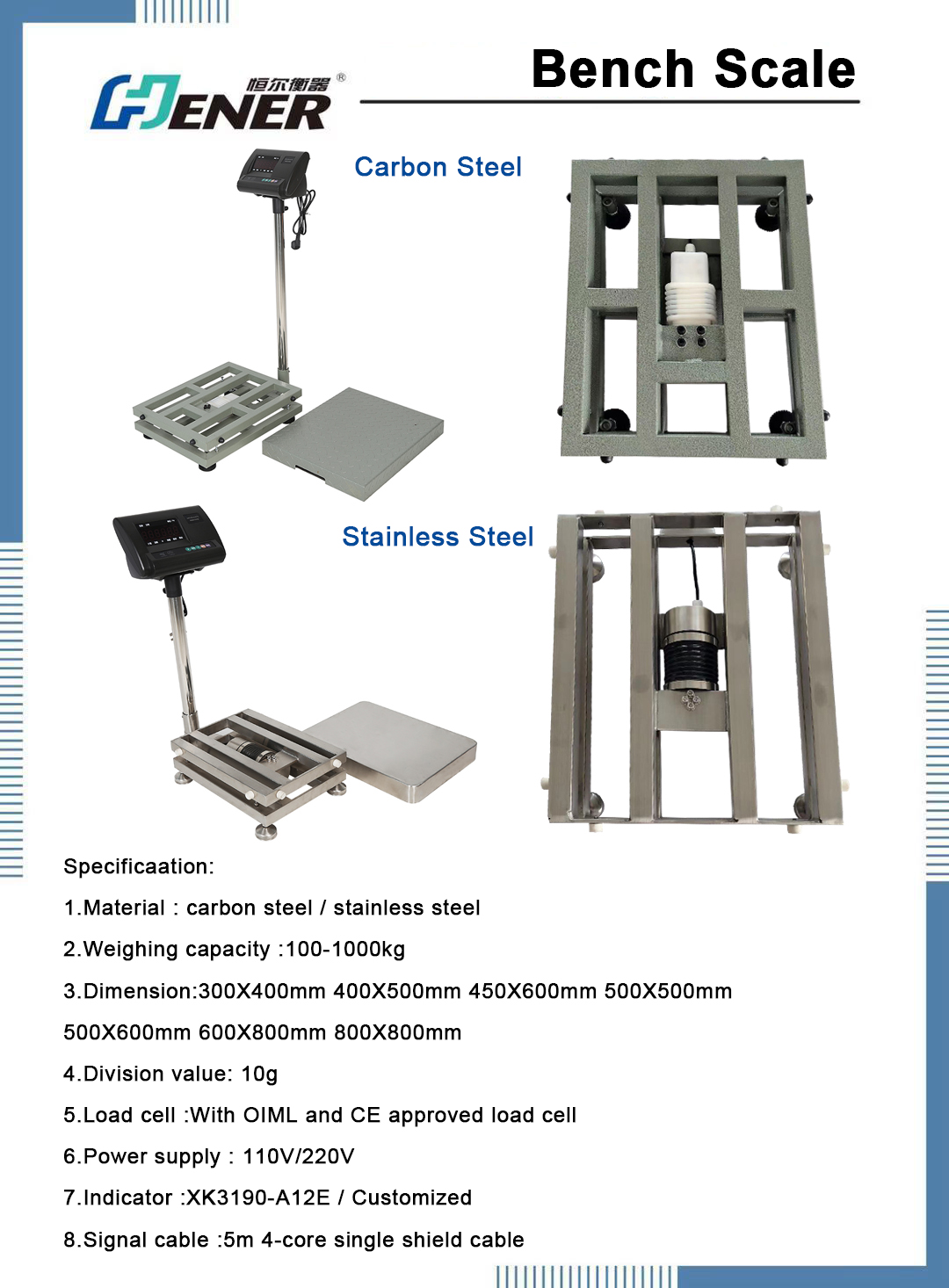
1.Accuracy and Precision: The level of accuracy needed will depend on the type of products you weigh. For example, industries dealing with pharmaceuticals or fine chemicals will require extremely precise measurements, whereas bulk materials may not need the same degree of accuracy.
2.Capacity and Resolution: The scale’s capacity should match the maximum weight of the items you expect to measure. In general, bench scales come in capacities ranging from 5 pounds to 500 pounds. The resolution, or the smallest increment of measurement the scale can display, is also critical. For instance, a scale with a resolution of 0.1 grams is more precise than one with a resolution of 1 gram.
3.Platform Size and Design: The size of the scale’s platform is an important factor, especially if you are weighing larger items. Make sure the platform can comfortably accommodate the largest items you will be weighing without compromising accuracy.
4.Environmental Conditions: The environment in which you’ll use the bench scale can affect its longevity and performance. For instance, if the scale will be used in a wet or dusty environment, opt for models with an IP rating that ensures protection from water and dust.
5.Material Construction: Look for scales with durable construction. Stainless steel platforms are ideal for high-use environments, as they resist corrosion and are easy to clean. This is especially important in industries like food processing or pharmaceuticals where hygiene is a priority.
6.Calibration and Maintenance: Frequent calibration is crucial for ensuring accuracy. Choose a model that is easy to calibrate and has minimal maintenance requirements. Scales with built-in calibration weights or external calibration options can save time.
7.Connectivity Options: Many modern bench scales come with USB or RS232 interfaces, making it easy to integrate the scale with other systems, such as warehouse management or ERP software. This is especially useful for businesses that need to track and log weight data digitally.
8.Power Source: Consider whether the scale will be used in a location with reliable access to electricity or if it needs to operate using batteries or rechargeable power packs. Some bench scales offer dual power options, providing flexibility for various work environments.
Truck Scale Integration with Bench Scales
In industries like logistics, shipping, or freight management, integrating truck scales with bench scales can create a comprehensive weighing solution. Truck scales are perfect for measuring the gross weight of loaded vehicles, while bench scales can be used for smaller items like packages or pallets. This multi-scale approach ensures that every aspect of the logistics chain is measured accurately, improving efficiency and minimizing errors.
When used together, truck and bench scales help businesses optimize their logistics operations. For example, goods can be weighed at different stages of the loading process, ensuring accurate inventory tracking and reducing the risk of overloading.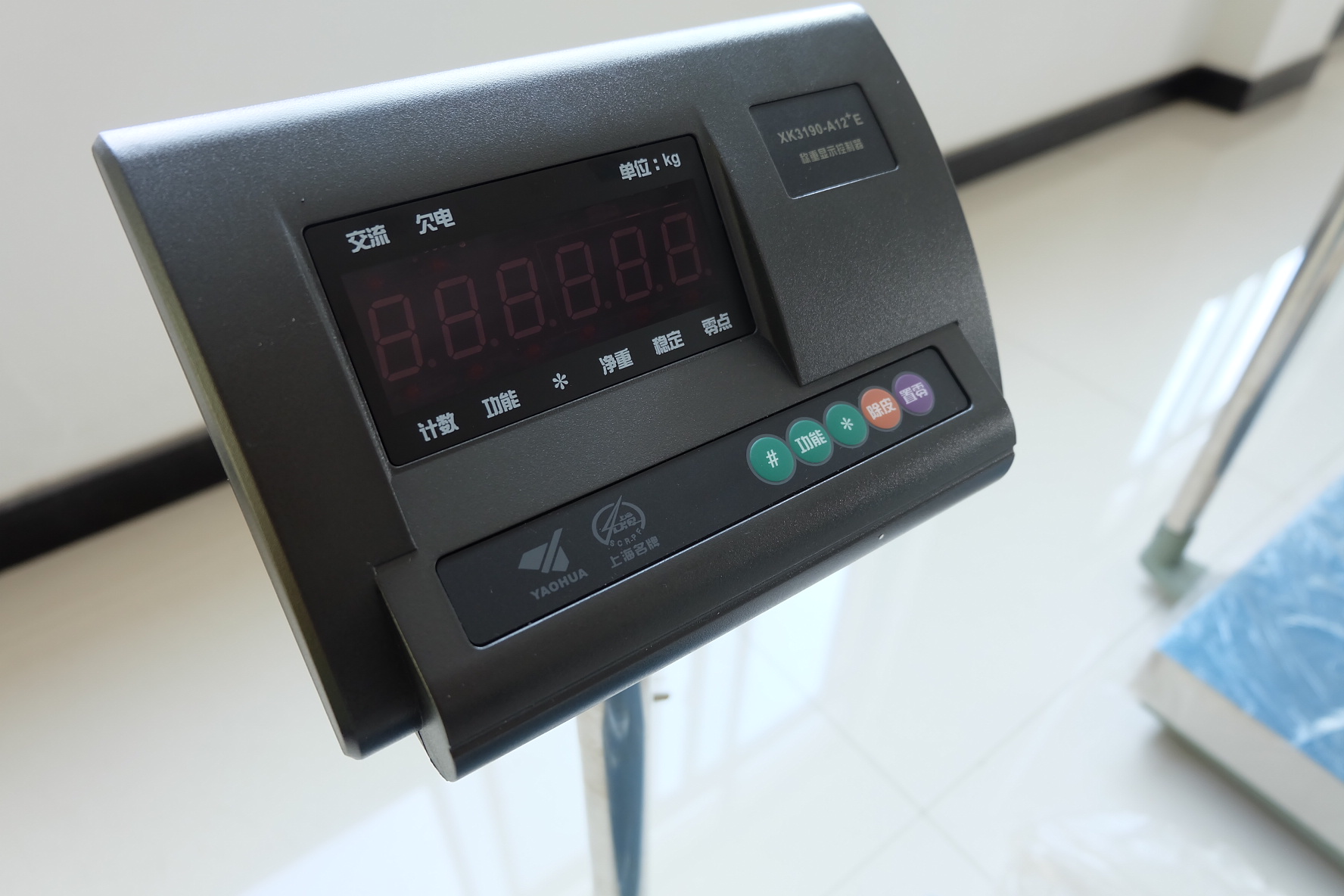


Summary
Choosing the right bench scale for your business comes down to understanding your specific needs in terms of accuracy, capacity, and environmental durability. Whether you’re in manufacturing, logistics, or distribution, it's important to select a bench scale that is reliable, easy to maintain, and suited for the unique demands of your business. Don’t forget to consider integration with larger systems like truck scales to further enhance efficiency and minimize operational costs.
English
العربية
Français
Русский
Español
Português
Deutsch
italiano
Nederlands
Tiếng Việt
ไทย
Polski
Türkçe
ភាសាខ្មែរ
Bahasa Melayu
Filipino
Bahasa Indonesia
Română
Čeština
Монгол
қазақ
Српски
हिन्दी
Slovenčina
Slovenščina
Norsk
Svenska
Ελληνικά
Suomi
Հայերեն
Latine
Dansk
Shqip
Hrvatski
Afrikaans
Gaeilge
Eesti keel
Oʻzbekcha
latviešu
Azərbaycan dili
Беларуская мова
Български
ქართული
guarani
Кыргызча
Lietuvių
Македонски
Malti
Soomaali
Тоҷикӣ
Türkmençe

 Choosing the right bench scale for your business is crucial, especially in industries like logistics, manufacturing, and distribution, where precision is key. With so many options on the market, finding the perfect bench scale can be overwhelming. This guide will walk you through the essential factors you need to consider when selecting the best bench scale to meet your business needs.
Choosing the right bench scale for your business is crucial, especially in industries like logistics, manufacturing, and distribution, where precision is key. With so many options on the market, finding the perfect bench scale can be overwhelming. This guide will walk you through the essential factors you need to consider when selecting the best bench scale to meet your business needs.







